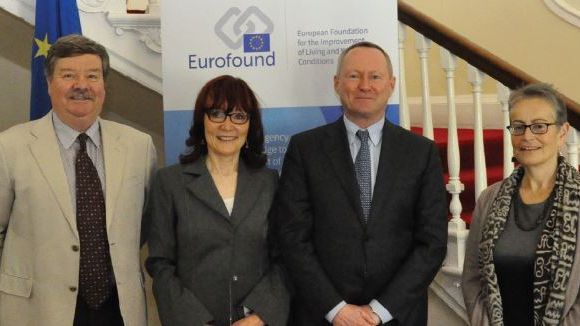Reducing Europe’s gender employment gap
On the occasion of International Women's Day, Eurofound Senior Research Manager Massimiliano Mascherini looks at the impact of the gender employment gap on Europe.

On the occasion of International Women's Day, Eurofound Senior Research Manager Massimiliano Mascherini looks at the impact of the gender employment gap on Europe.

8 March is International Women’s Day. The day marks the wide-scale progress made towards achieving gender equality and combating gender-based injustice, but also serves as an important impetus to ensure the spotlight remains on continued work towards realising these goals across the globe.
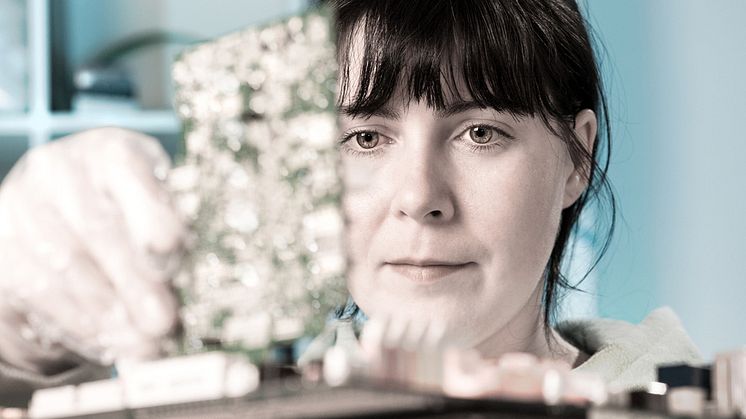
The expanding use of digital technologies such as smartphones, tablets, laptops and desktop computers for work for home and elsewhere is rapidly transforming the traditional model of work. It can improve work-life balance, reduce commuting time, and boost productivity, but it can also potentially result in longer working hours, higher work intensity and work-home interference.

Eurofound has launched its new work programme for 2017 to 2020. This document sets out the activities the Agency plans to undertake in the next four years to support European decision-makers in formulating effective policies for the improvement of quality of life and work in a fair and competitive Europe during this challenging period.
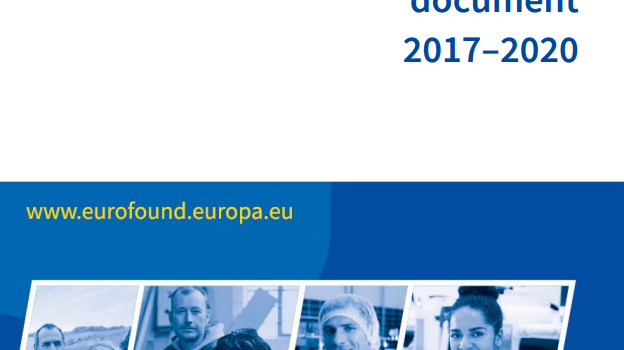
Making work sustainable is not simply a challenge for politicians and policymakers in the European Union: it is a fundamental issue that underpins the future of the world of work in Europe. It goes beyond the mantra of raising employment rates and deals with productivity and innovation – and the everyday lives of workers throughout the EU.

And even in the confused and contentious context of the new US President-elect as well as the EU’s post- Brexit deliberations, it is hard to argue otherwise.
But, while having a job in the first place is clearly of paramount importance to people - and society at large – there is also a more sophisticated issue at play with wider ramifications for the world of work and life today: the quality of

Come see how EU Agencies work and what they deliver to the EU at the EU Agencies Forum in the European Parliament on 6 – 7 December 2016
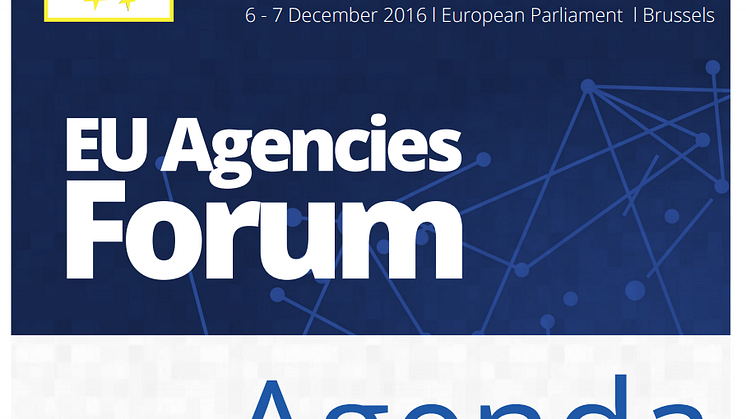
The overview report of the pan-European sixth European Working Conditions Survey #6EWCS is launched today 17 November 2016

In the following blog piece, Eurofound researchers Massimiliano Mascherini and Martina Bisello look in-depth at The Gender Employment Gap: Challenges and solutions report, and the collective responsibility to ensure that everyone in Europe has the freedom to participate in the labour market.

Eurofound launches the overview report of its 6th European Working Conditions Survey (6th EWCS) at a joint event with the European Parliament in Brussels, Belgium, on 17 November 2016. Join the debate on Twitter at #6EWCS

In the following blog piece Eurofound Director Juan Menéndez-Valdés looks at the issue of the gender employment gap in Europe, and how the difference in labour market participation between women and men has far-reaching implications.

Il nuovo rapporto di Eurofound – "Gender Employment Gap: challenges and solutions” è stato presentato al Parlamento Europeo martedì 11 Ottobre 2016.
Nonostante il tasso di occupazione femminile sia aumentato durante la crisi economica, la divergenza nell’occupazione tra uomini e donne in Europa e nella maggior parte dei paeasi membri è ancora significativa. A questo proposito, il rapporto si co
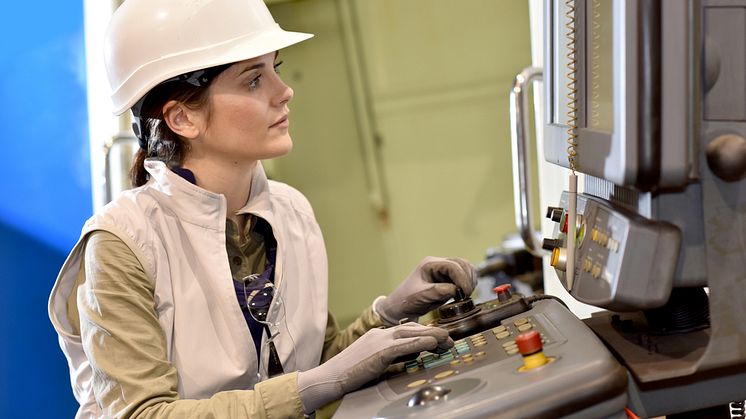
Our new report explores the main characteristics and consequences of gender gaps in labour market participation. It finds that the estimated cost of a lower female employment rate was €370 billion in 2013, corresponding to 2.8% of EU GDP. This does not include the unpaid domestic work performed by women who are not active in the labour market.

Eurofound's new publication The gender employment gap: Challenges and solutions will be presented to the European Parliament's Committee on Women's Rights and Gender Equality tomorrow at 5.00 pm (CET), and will subsequently be available to download directly from our website. Watch the presentation live at http://bit.ly/FEMMComm.
For further information please contact either our promotions team,
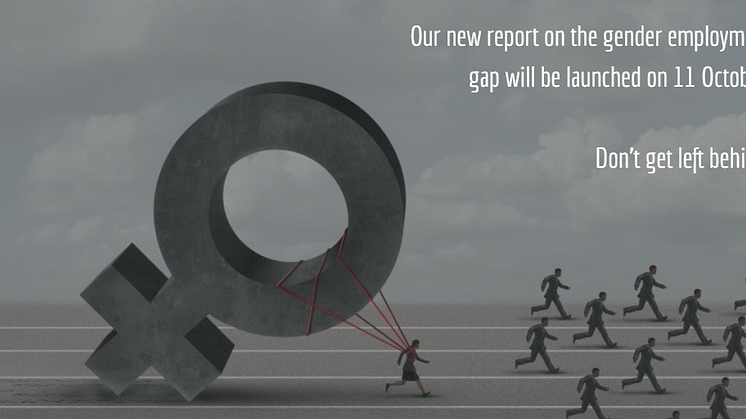
Partial retirement schemes can be an important part of the solution to improving sustainability of Europe’s pension systems.
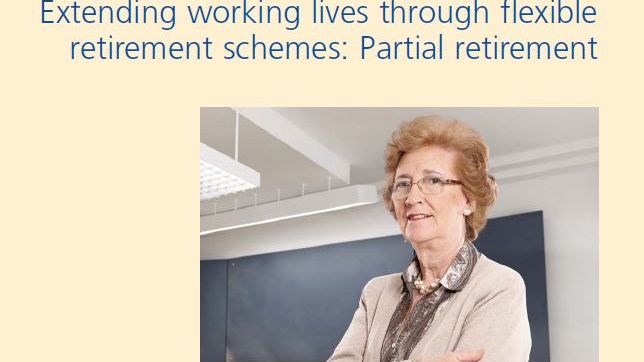
Some interesting figures from the July/August edition of Eurofound News:
13,000 – the entire workforce of Marinopoulos, one of the largest supermarket chains in Greece, who have been made redundant as a result of the company’s bankruptcy.
22% – the gender pay gap in the Czech Republic, which in March 2016 prompted the Minister of Labour and Social Affairs to launch a five-year campaign to na

From Eurofound News July/August 2016
Taking action to make work sustainable
For Europe to achieve its goals for growth, workers will have to work for longer and more people will have to work. This requires new thinking to make work sustainable over the life course. In other words, it means achieving living and working conditions that enable workers to retain their physical and mental health,

Although recent statistics show an improvement in the labour market situation of young people, Eurofound’s new report ‘Exploring the diversity of NEETs’ emphasises the ongoing need to focus on the specific needs of different groups of young people who are NEET.
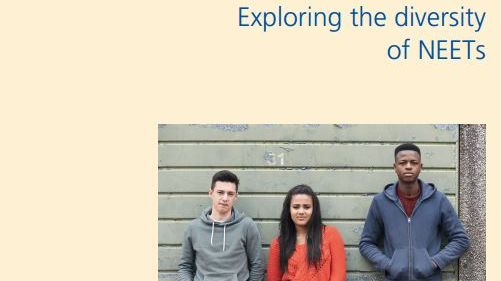
The figure above, derived from Eurofound’s recent report on Job creation in SMEs, illustrates the bundle of factors that determine whether an SME will create jobs – some relating to the company itself (internal) and others relating to the economic and institutional environment in which it operates (external).
Several of the elements are interrelated or have an influence on each other. The stre
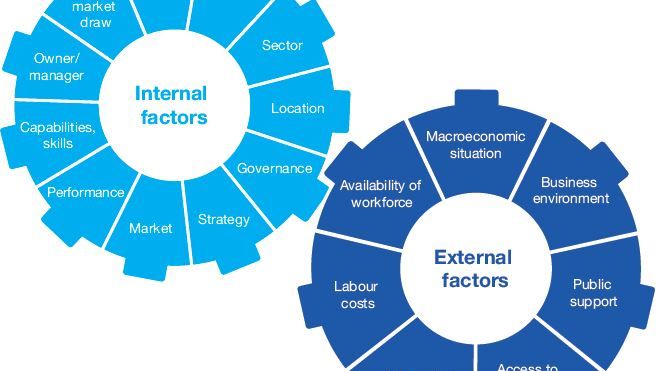
Newly appointed Director at the European Union Agency for Fundamental Rights (FRA), Michael O’Flaherty, visited Eurofound for the first time on 27 May.
A meeting with Eurofound’s Deputy Director, Erika Mezger, and other Agency staff included an open exchange on the activities of the network of EU Agencies and discussion on the work of the cluster grouping of Justice and Home Affairs Agencies.
